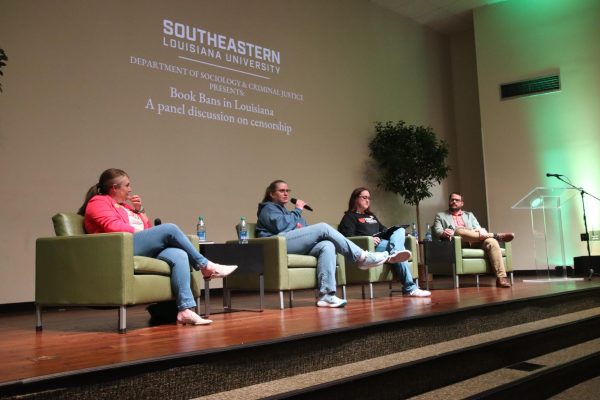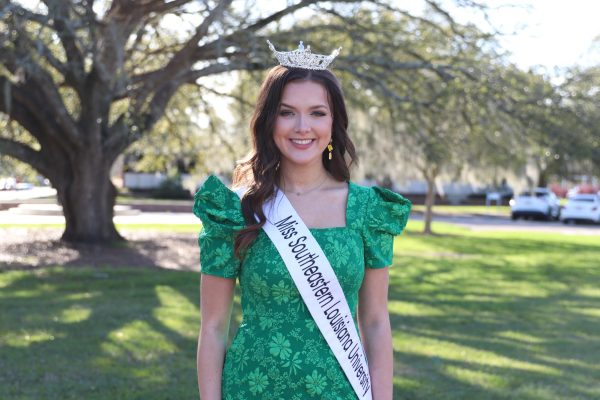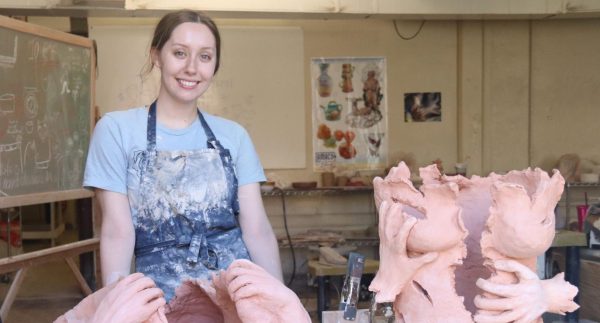Q&A: Learning about the criminal justice system on campus
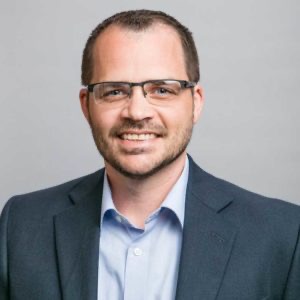
Jonathan Varnado.
Jonathan Varnado, an instructor of criminal justice, answered some questions regarding crime reporting at the university, how the school handles campus-related crimes outside of the university and how COVID-19 has affected the criminal justice system.
How does the university handle crimes at a university level?
“For any crime committed on the campus of Southeastern, it is going to fall under the jurisdiction of the campus PD. They will usually be the ones who initiate any police contact. If they make an arrest on the grounds of Southeastern, in that case, they will be transferred to the appropriate court system. For any crime on campus, it is going to be initiated by the Southeastern PD.”
How are campus-related crimes handled outside of the university?
“You can think about Southeastern being its own town. There is a judicial system for the students where decisions will be made to sanction a student internally on campus, but they will also face sanctions from the criminal justice system outside. With that in mind, outside of campus is basically safe. If we are looking at differences in how they are treated, I would say the university police departments tend to show more discretion. I think there is an understanding in that you have students – young students – here, away from home for the first time. In most cases, it does not do them any good to arrest them and have them dealt with in the criminal justice system. I think, in comparison, university police officers are more likely to show discretion.”
In what areas has the criminal justice system been lacking throughout the pandemic?
“Because of the pandemic, we can see the effects that the pandemic has had on all aspects of the criminal justice system. Courts had to shut down in-person hearings, so when we talk about having a speedy trial or due process, that has been slowed down because of the pandemic. I would break down that into the negative effects of COVID on policing and criminal justice in general. Right now, folks think that there is likely going to be an increase in crime because when we look at the crimes in relation to economic instability, that could be a driver. That is just one aspect. We also have suffering instability from police shootings, accusations of racism in these departments. It has some negative effects for sure, but I also think that we can use COVID-19 and some of the responses to it as a learning experience. When the pandemic started spreading, a huge concern was: How would we react toward people who are in jail? There was a push to release folks early to either release people who are waiting, a push to keep more people out of the criminal justice system, because if you have someone in jail, you don’t want that to be a death sentence, right, if they catch COVID? At least from limited experience, the sky has not fallen yet. I think we can use this to learn that maybe we don’t have to have so many people in the criminal justice system, and we can afford to push some people out and not have any serious negative consequences.”
How can the system be reformed?
“We should take a ‘less is more’ approach. I think we need to stop using the criminal justice system as a solution to poverty, as a solution to mental illness. We should really start looking into other means of dealing with these issues such as hiring more counselors that can address people, expanding substance abuse treatment, decriminalizing drugs would do a lot. This may seem counterintuitive as a criminal justice instructor, but I feel like one of the best things we can do is start letting other folks have a hand in this, and stop using police as a solution to all of our ills that we have in our society and only focus on serious crimes.”
Do you think crimes reported on campus are handled well by the university?
“I can’t say individually. What I can say is this: If we look at the crime statistics on campus, that Southeastern – in comparison to other universities – those reports alone show that this is the safer campus than other universities. One of the things that we can brag about at Southeastern is how safe our campus is by looking at those reports. One caveat to that is that you can’t go by those reports alone, so if you look at a crime that’s extremely important to the university students, like sexual assault, for example, tend to be really underreported. 90% of these cases are not reported to the police, so just because you see a low number in some of these categories does not mean that they’re not happening.”
Your donation will support The Lion's Roar student journalists at Southeastern Louisiana University.
In addition, your contribution will allow us to cover our annual website hosting costs.
No gift is too small.
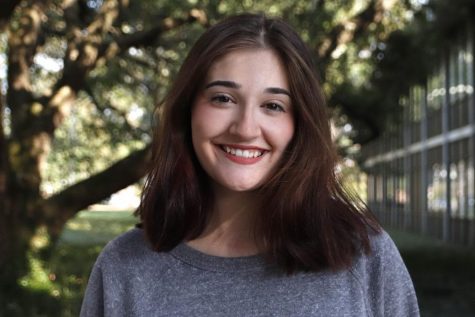
Hannah "AJ" Juneau began working for The Lion's Roar in October 2020. She majors in communication with a concentration in strategic communication, and...


